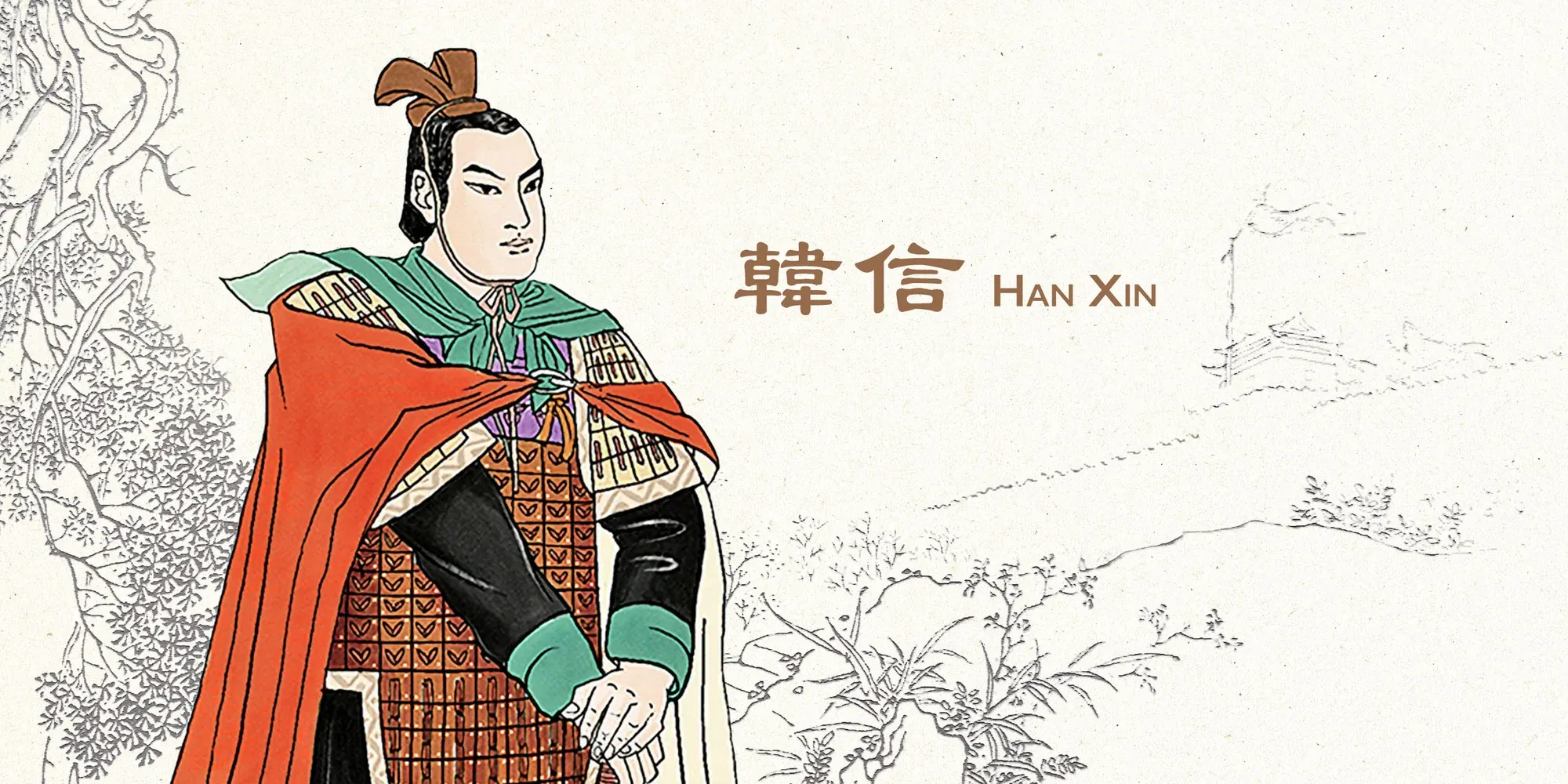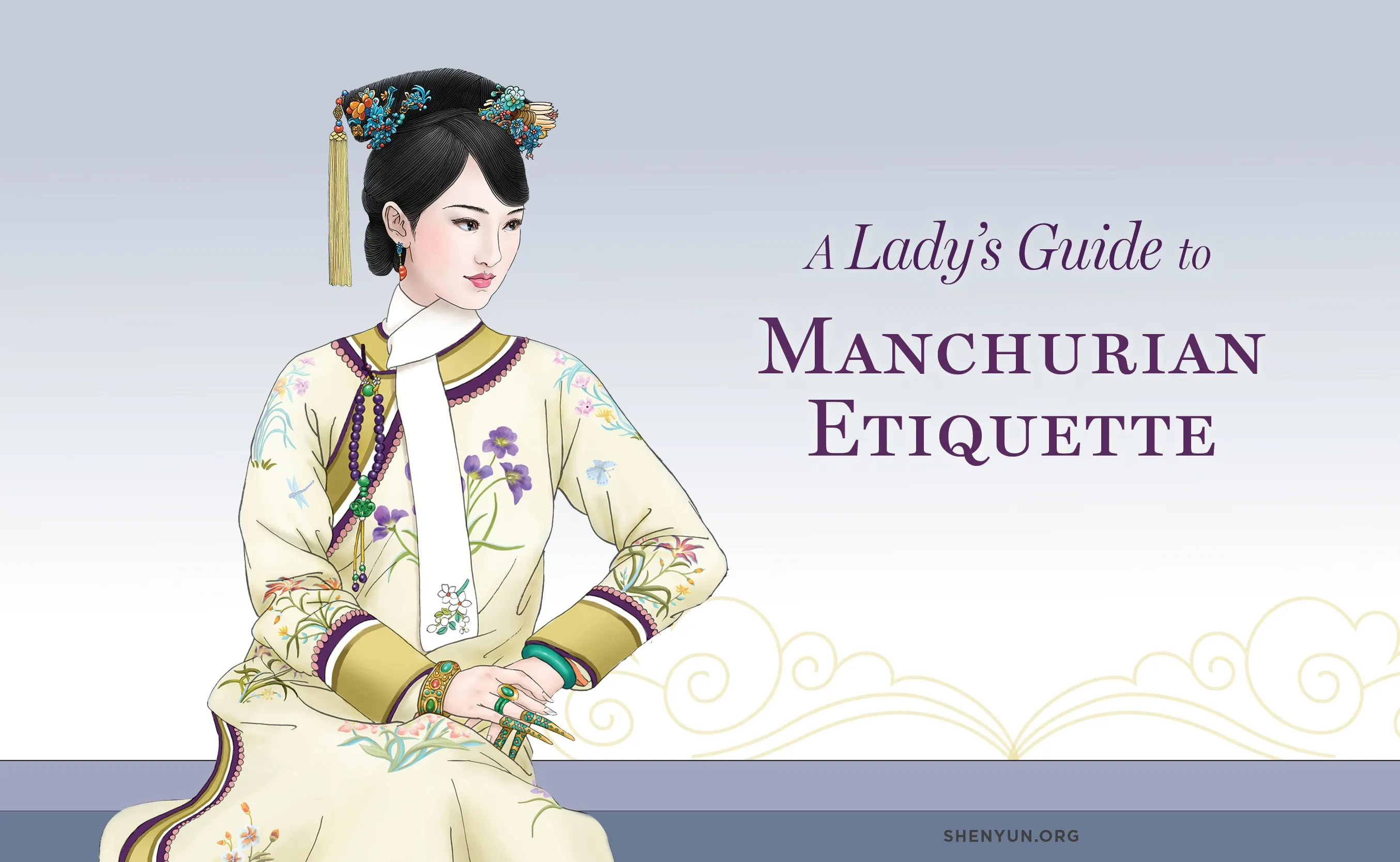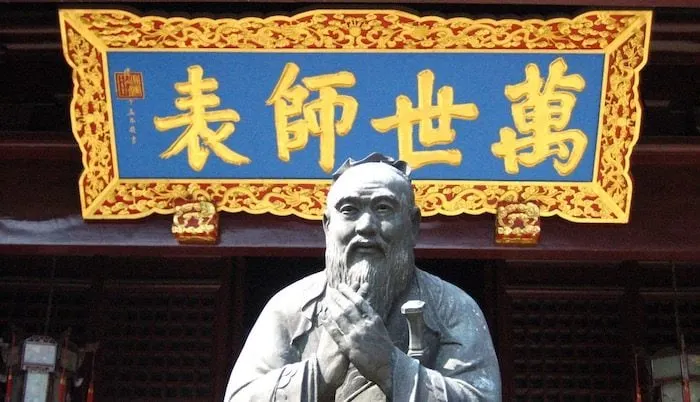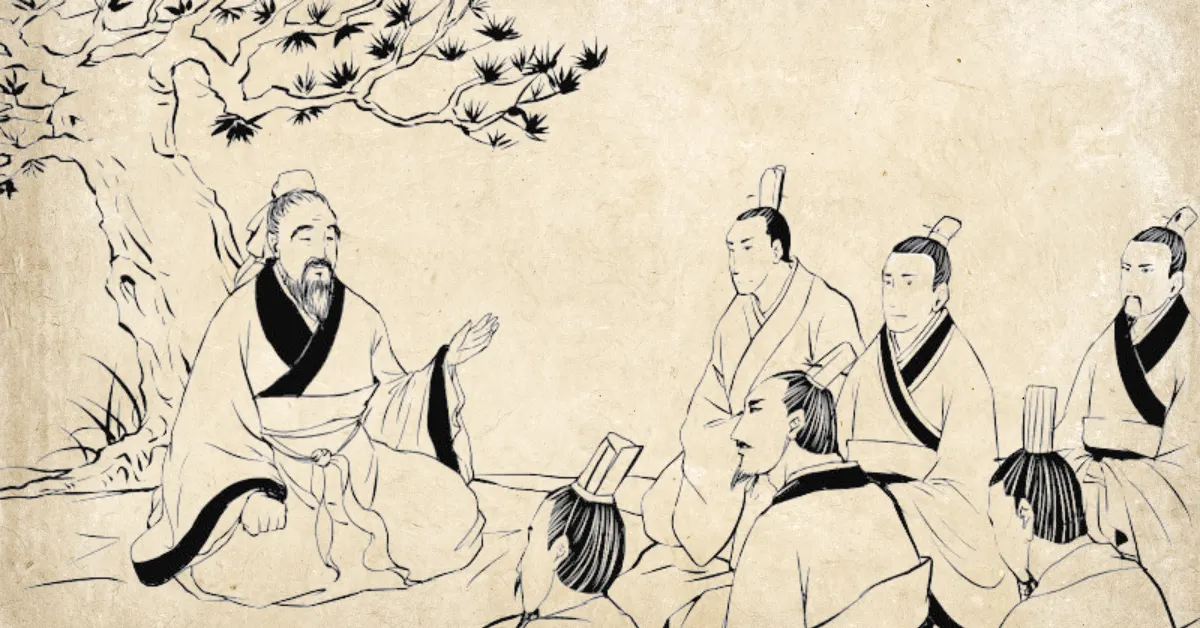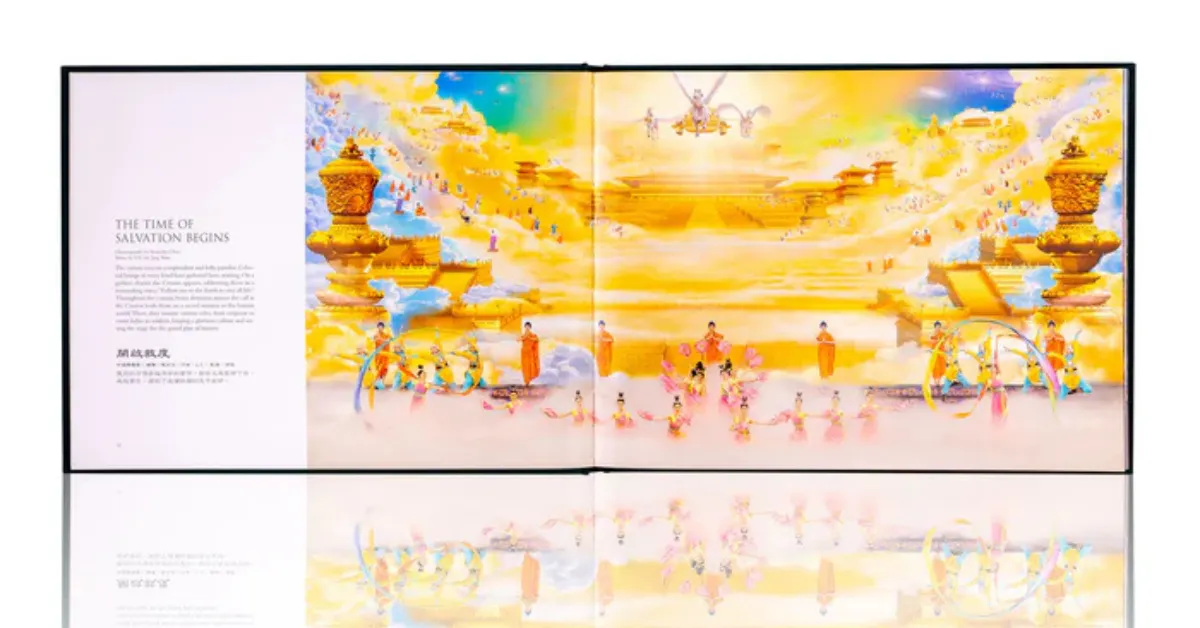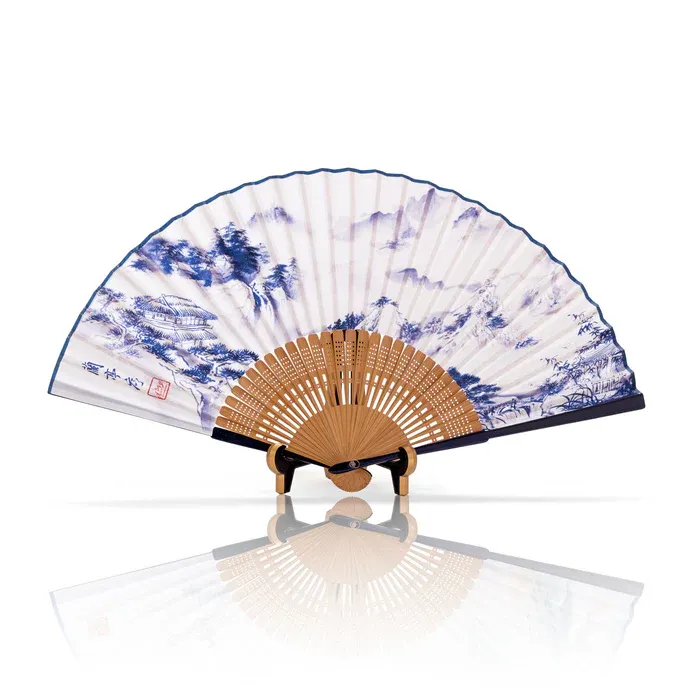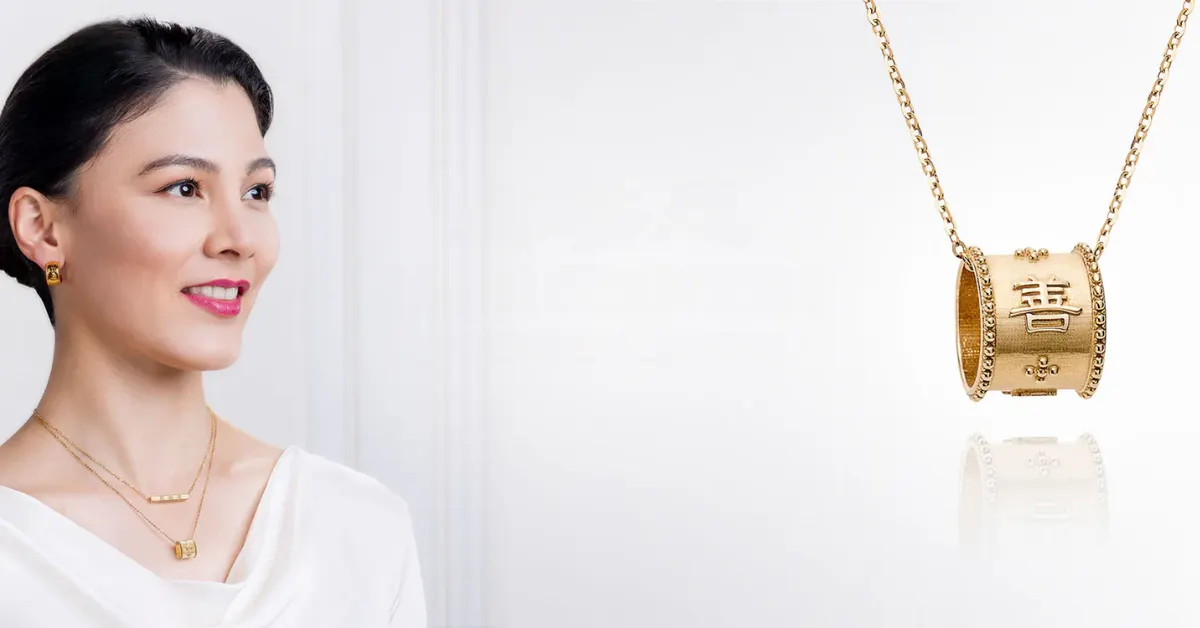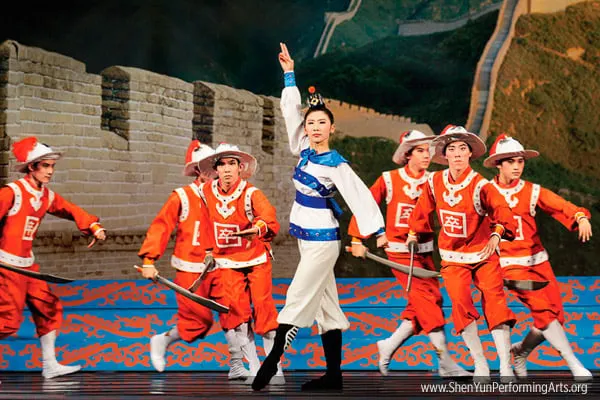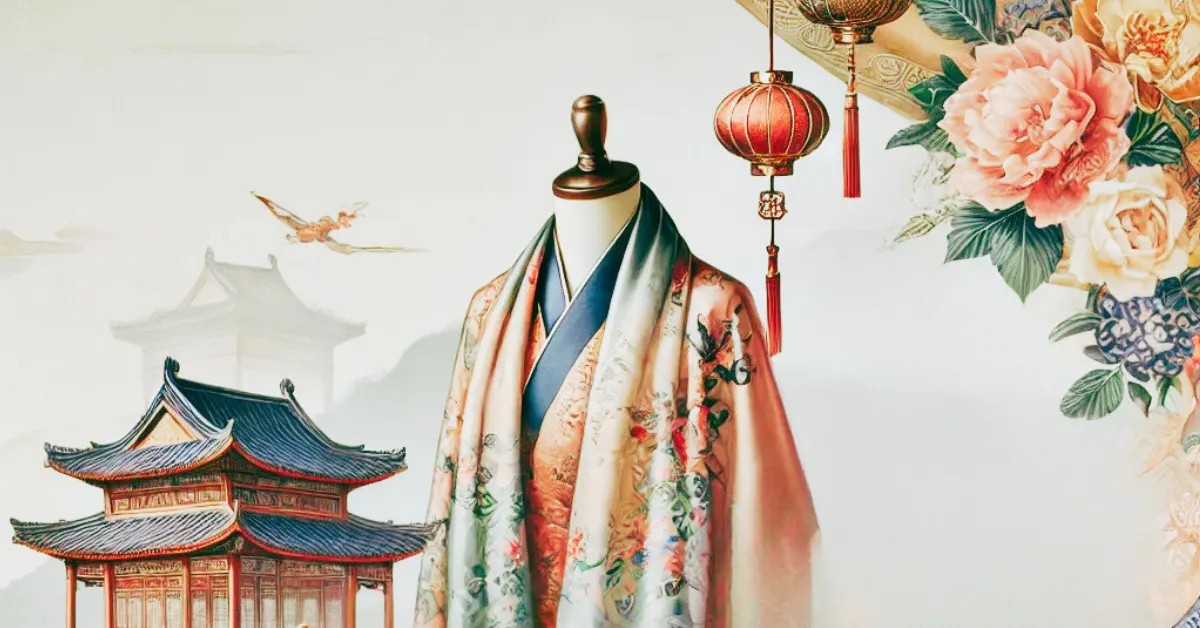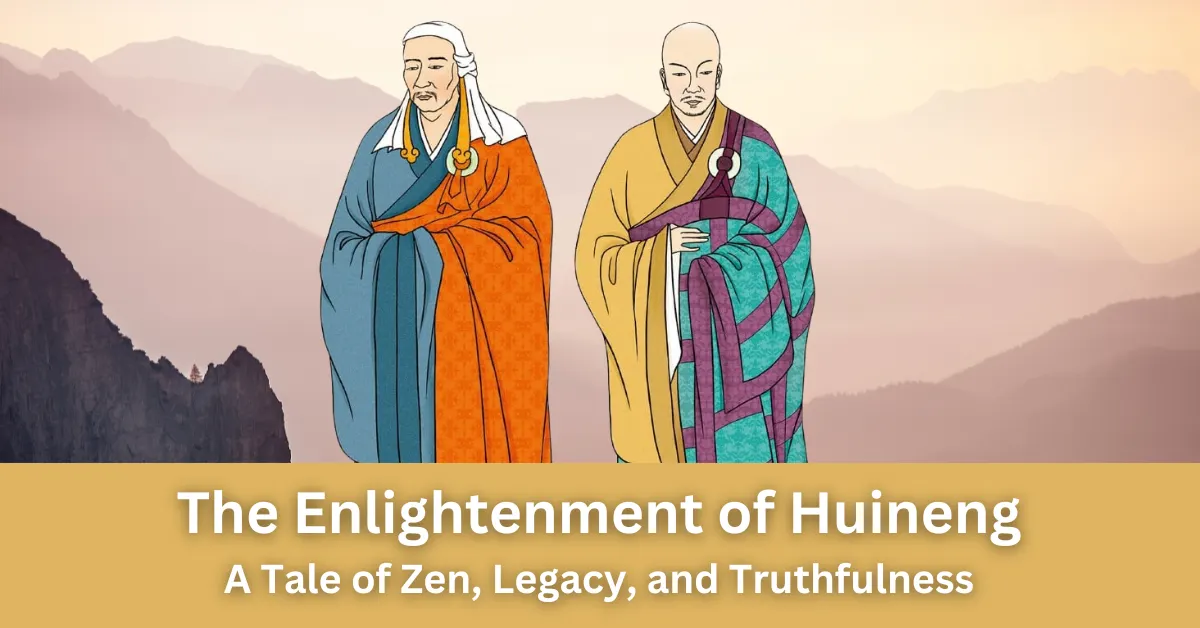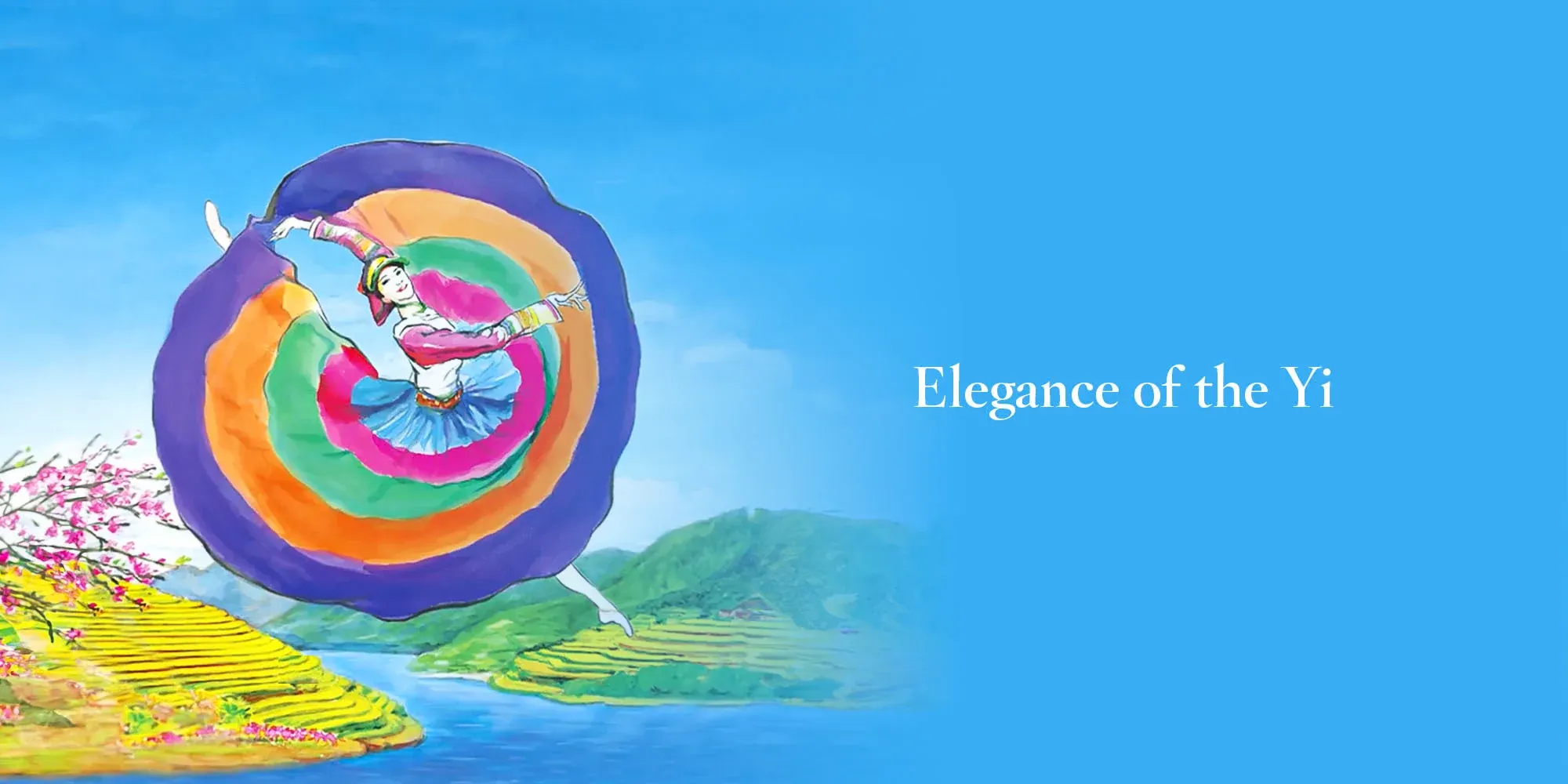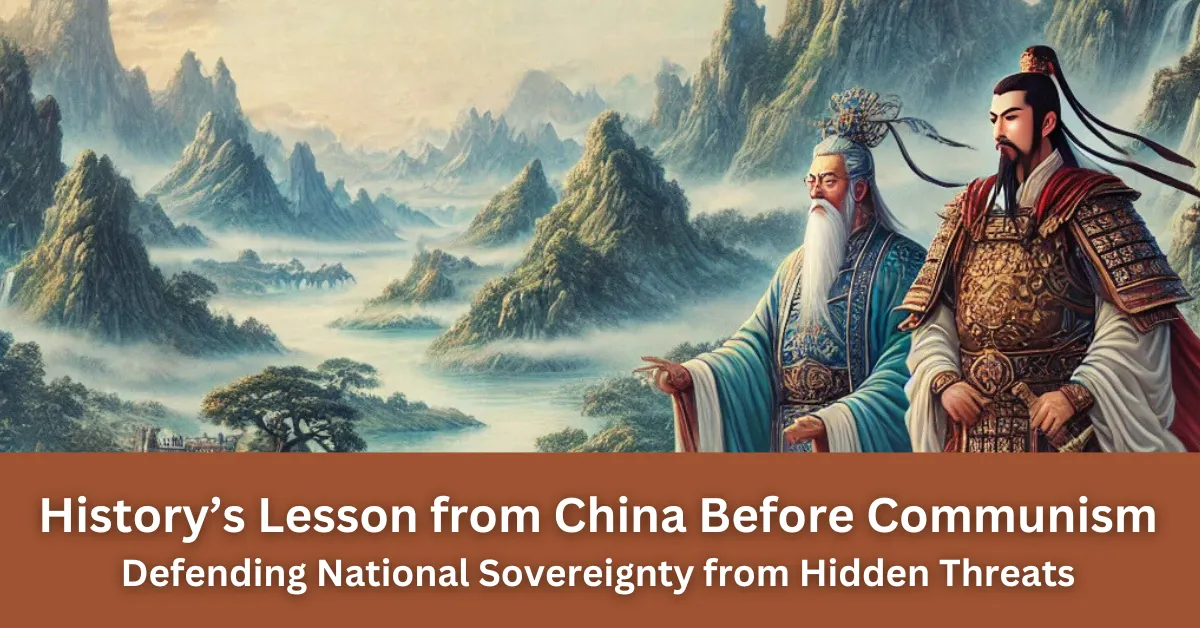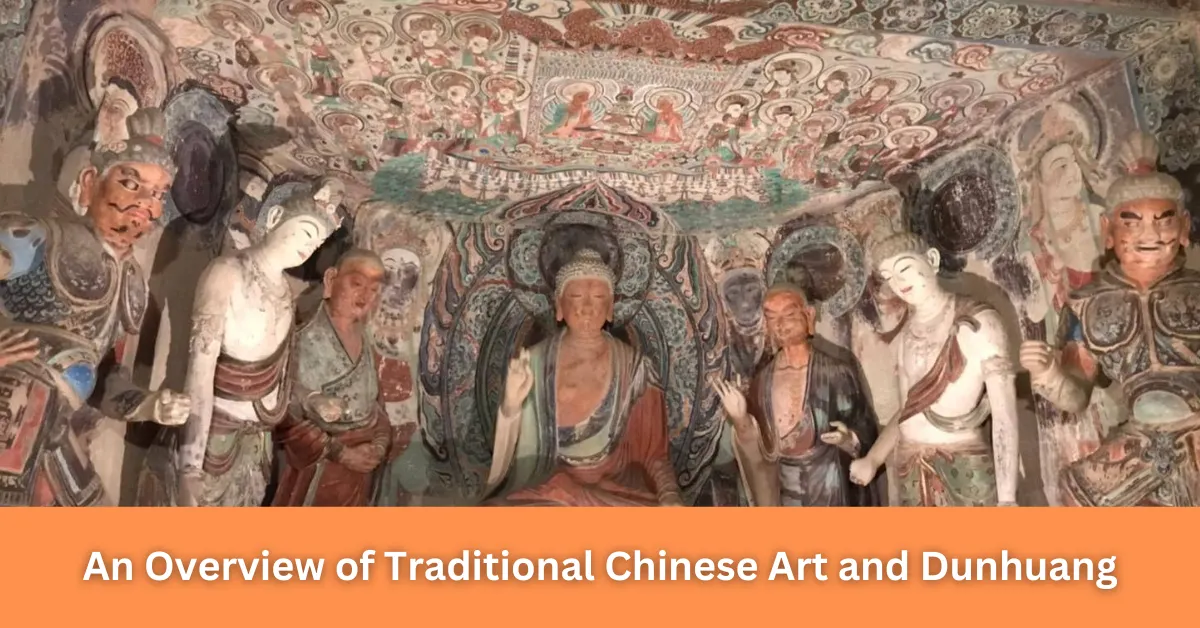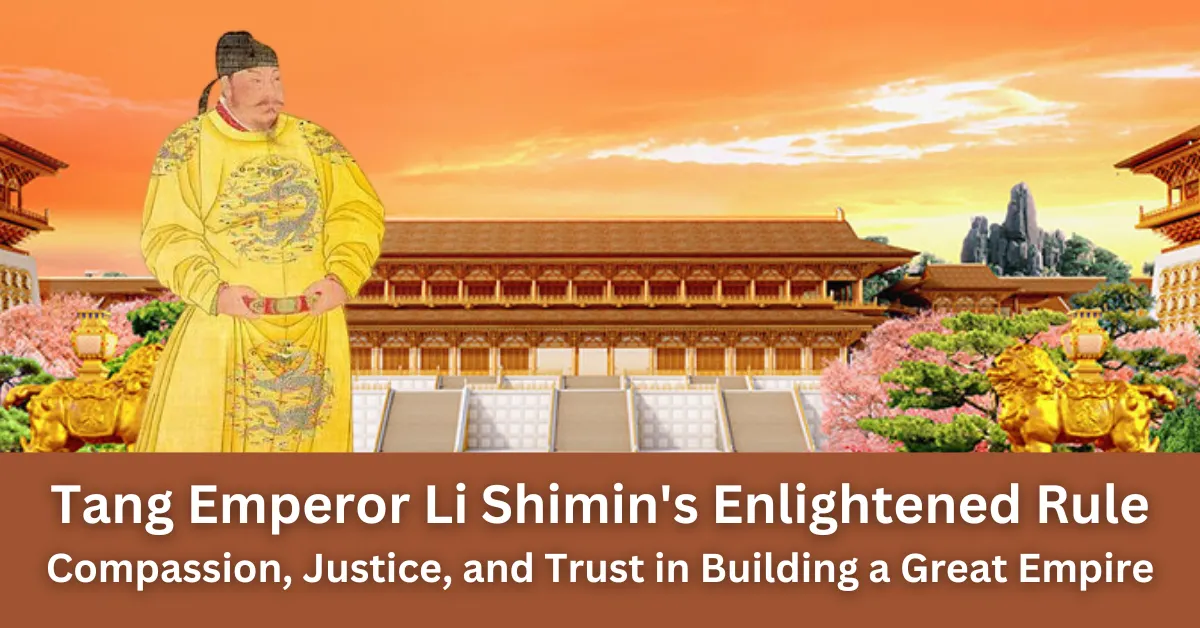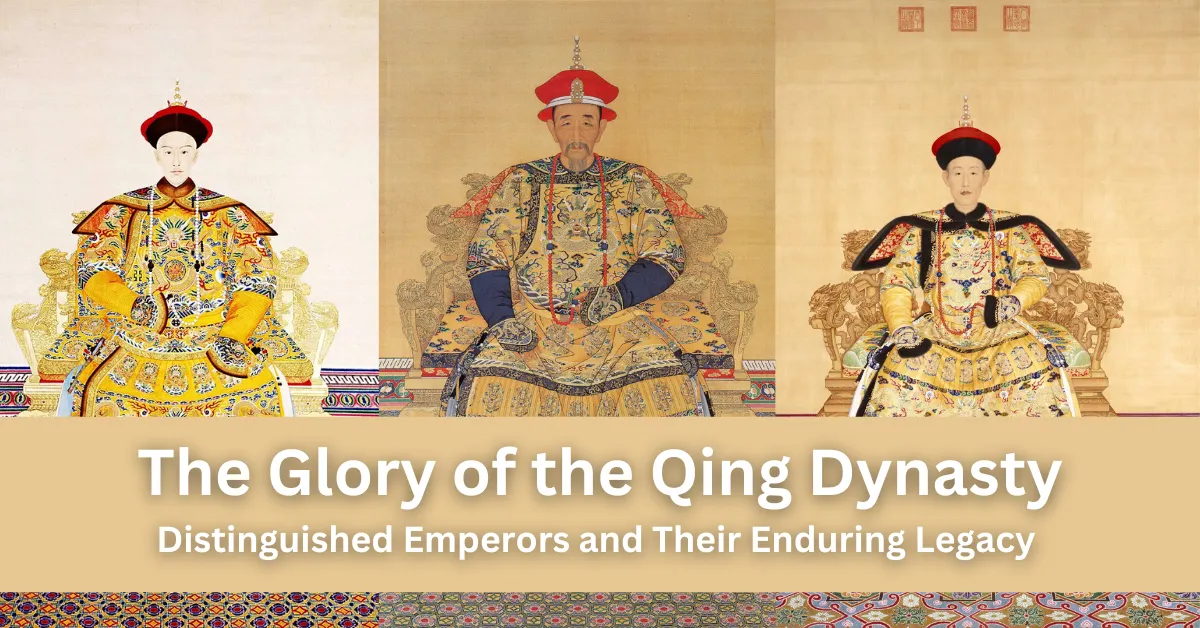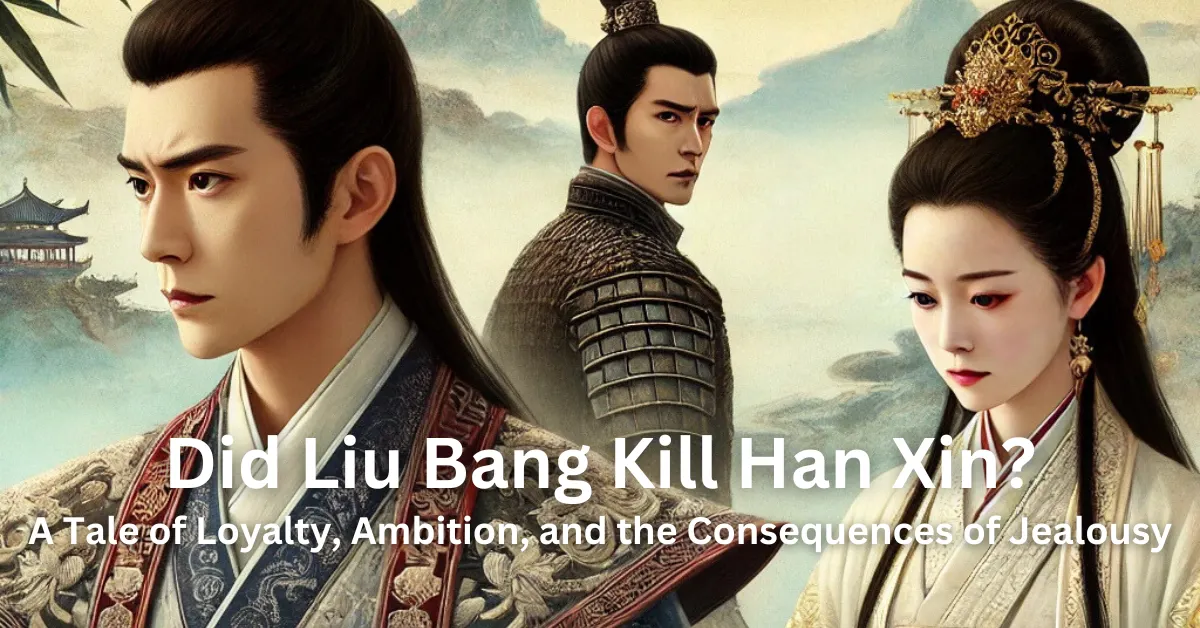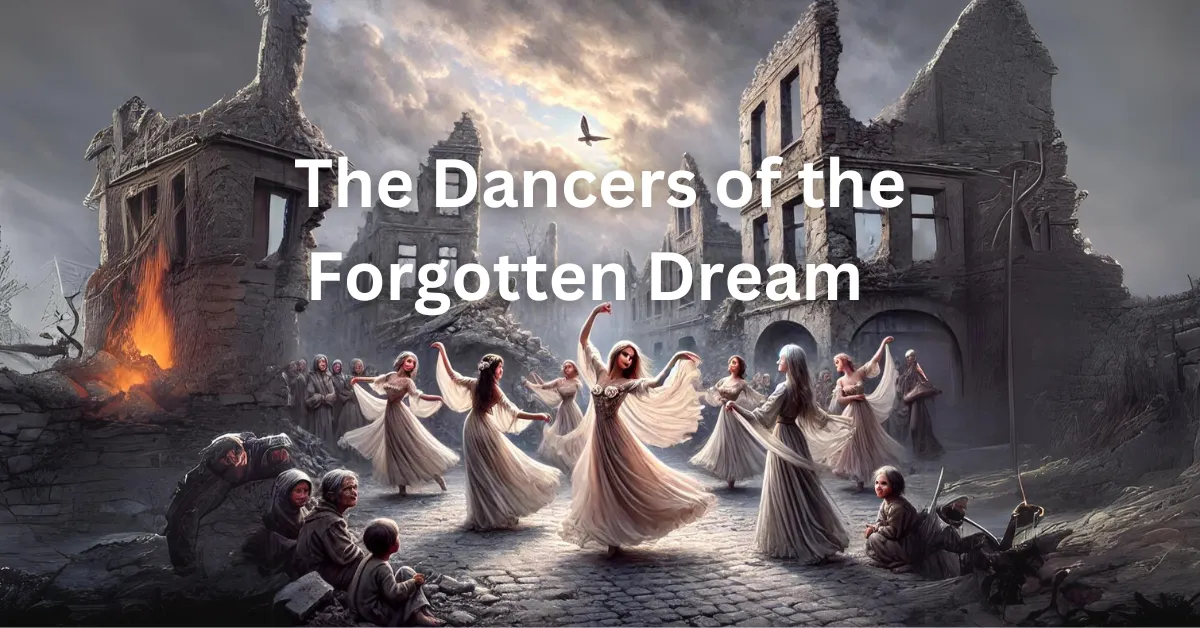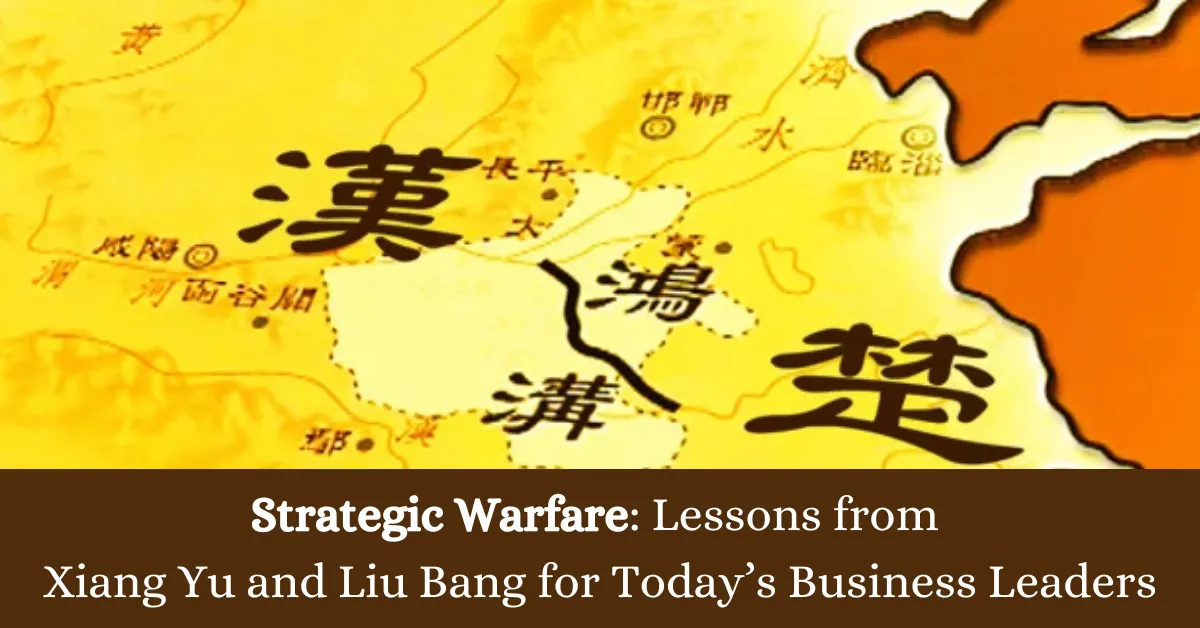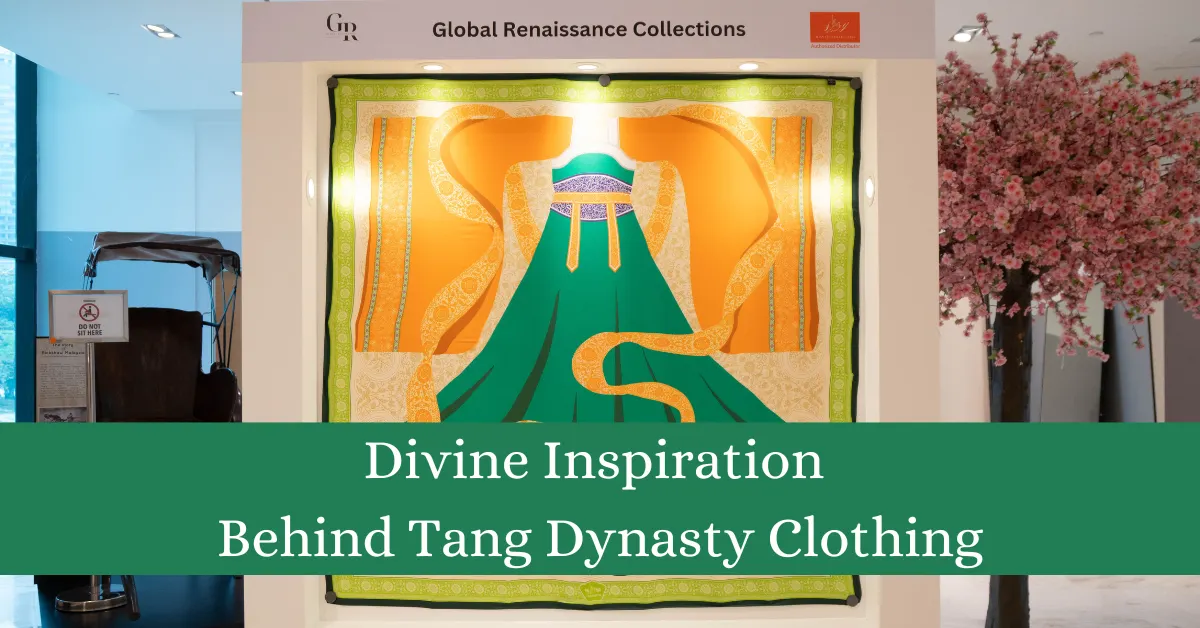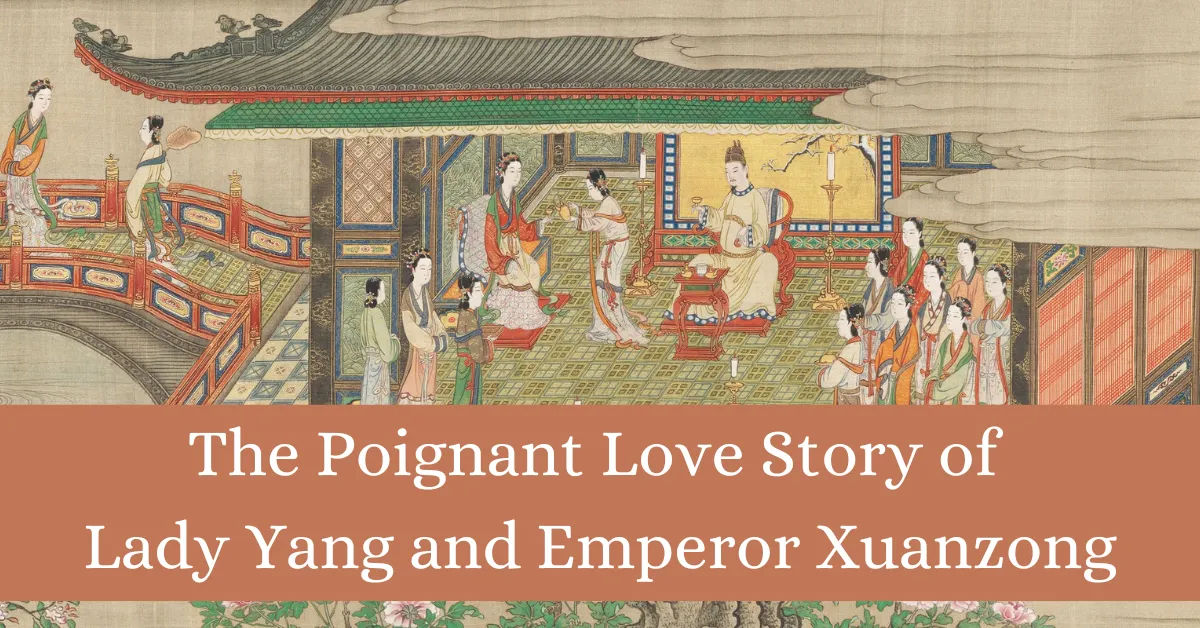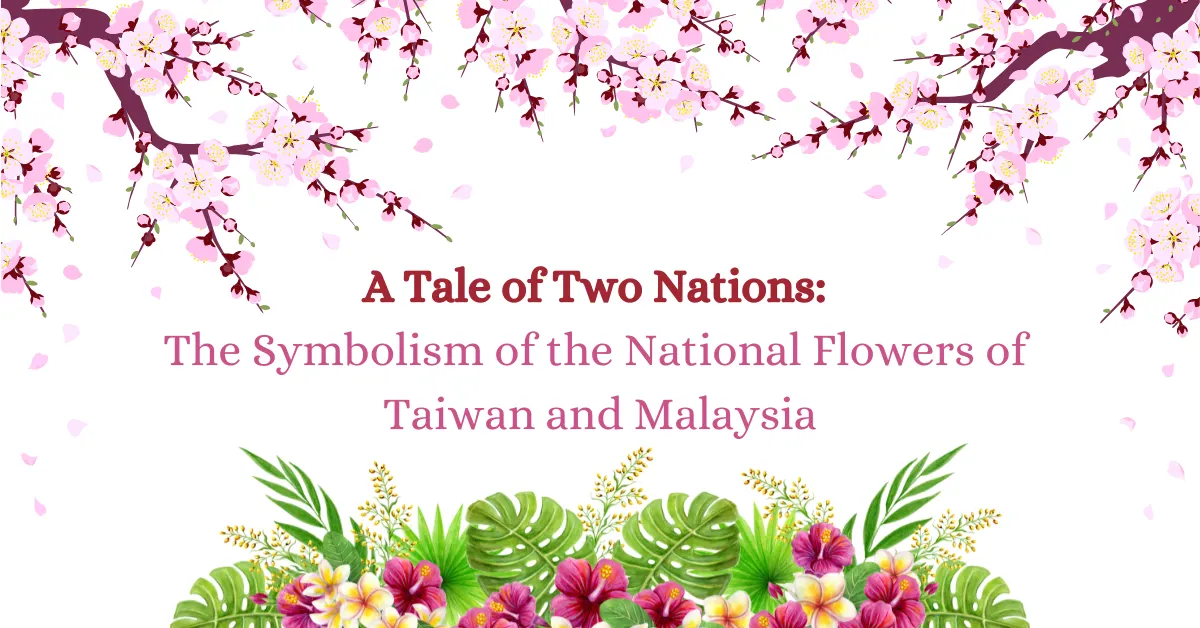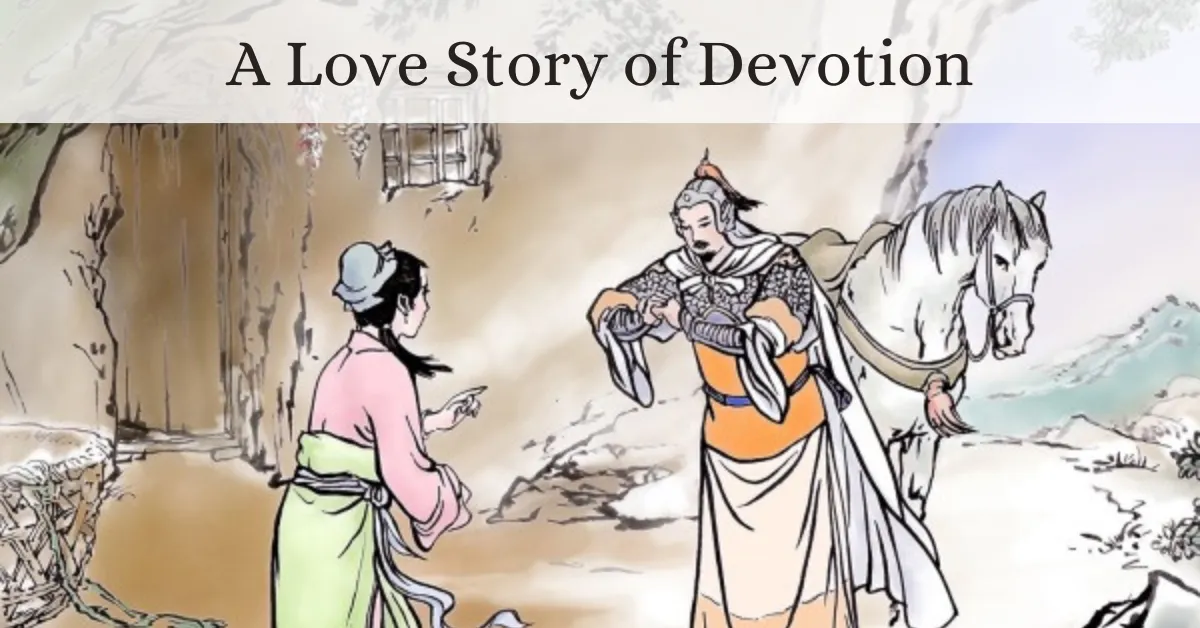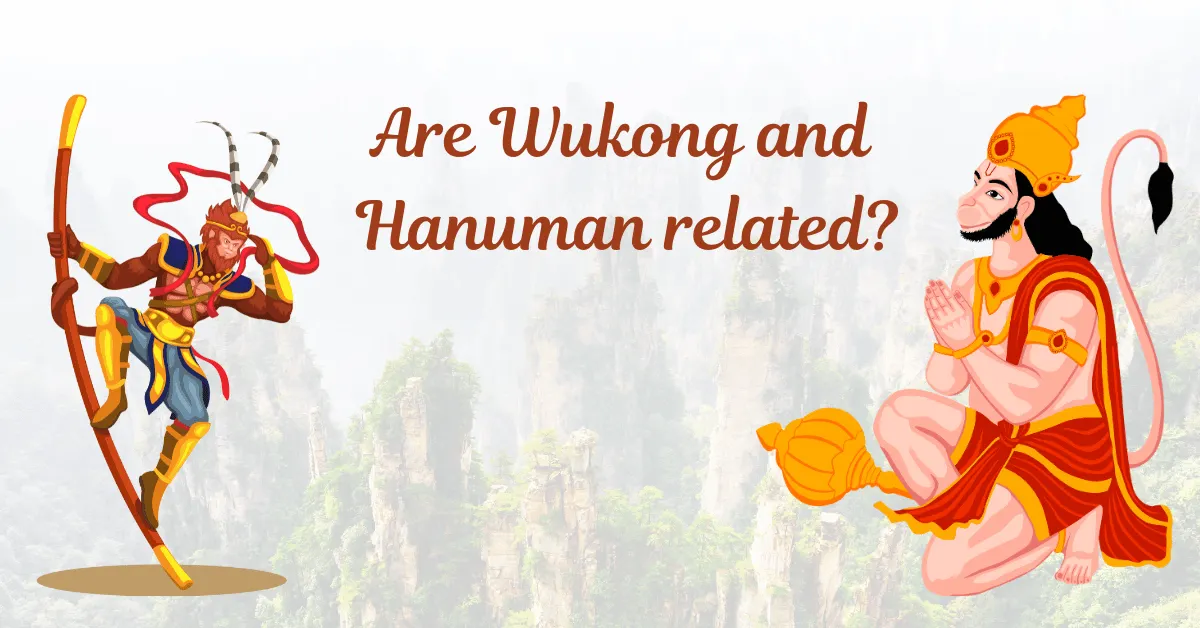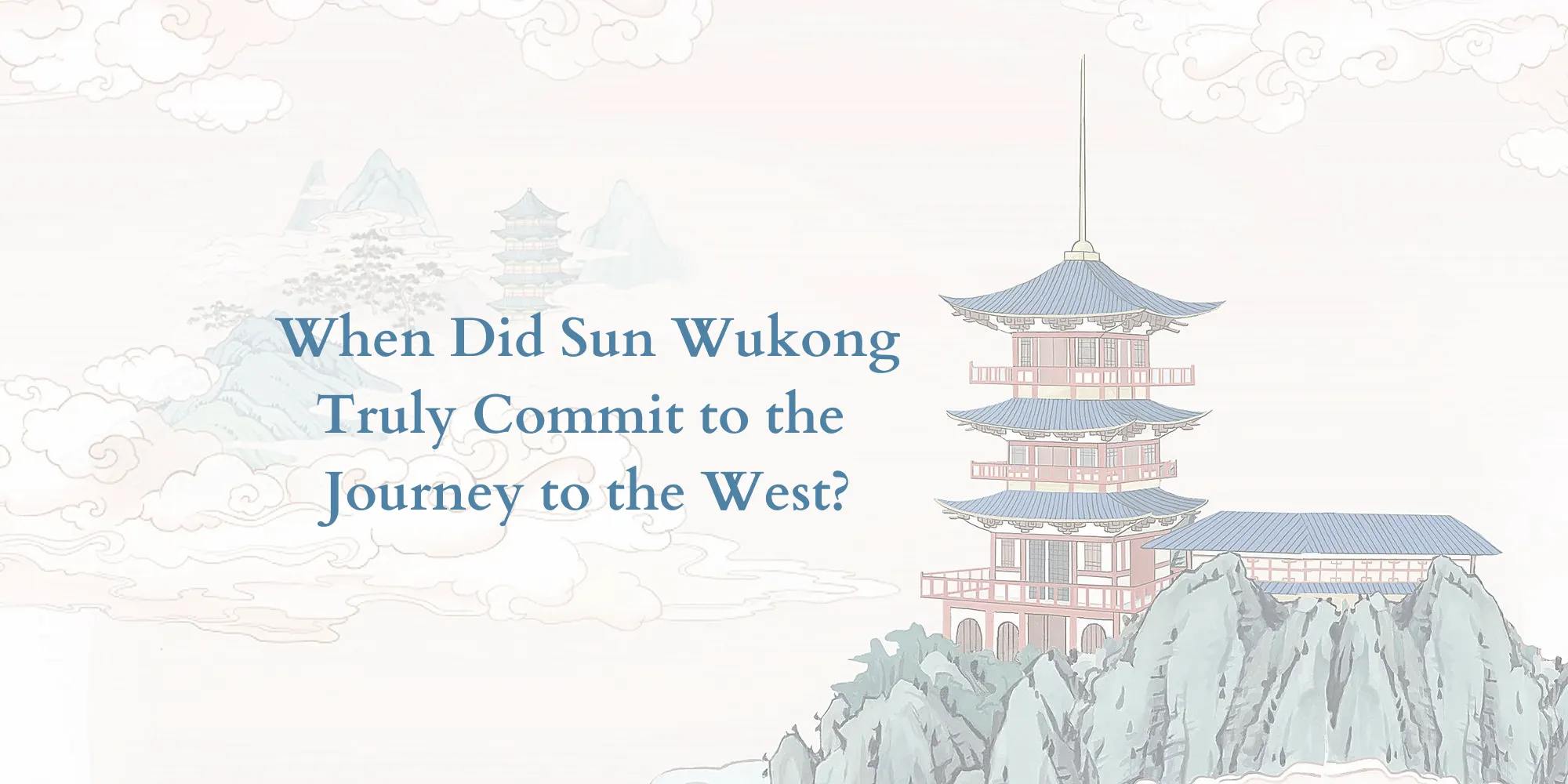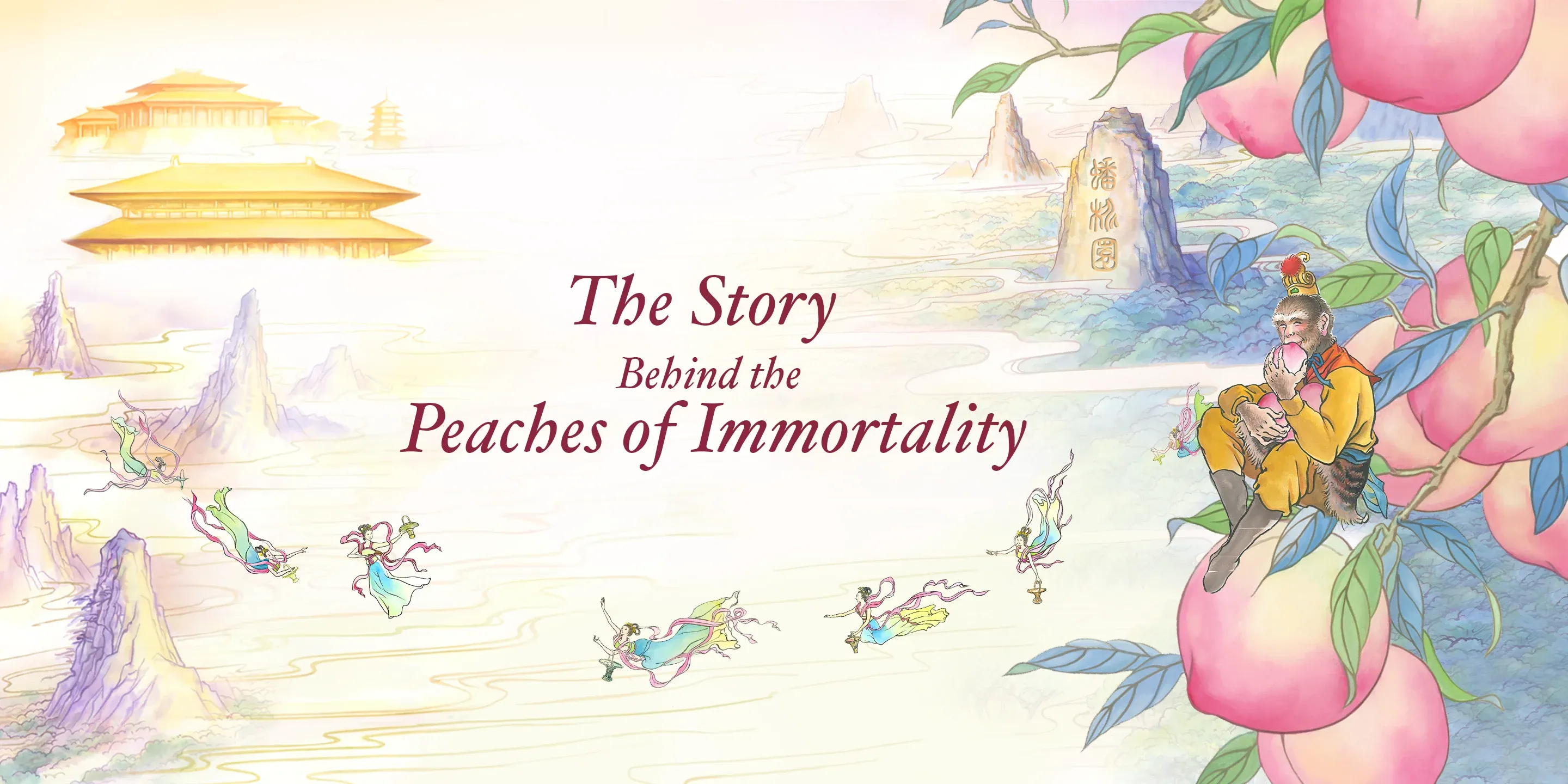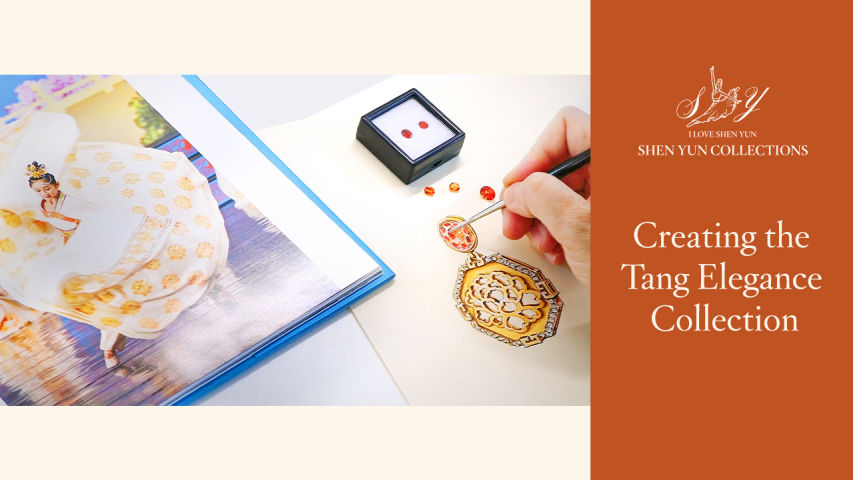The Legacy of Strength, Honour, and Valour in the Three Kingdoms
The Legacy of Strength, Honour, and Valour in the Three Kingdoms
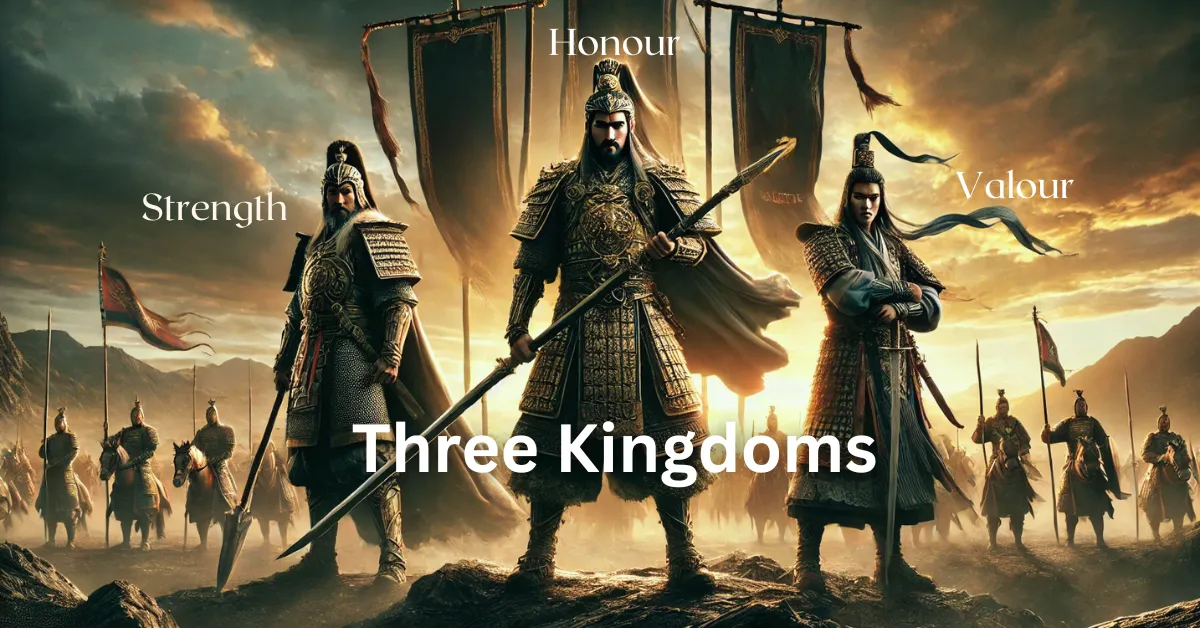
The Three Kingdoms period (184–280 AD) stands as one of the most tumultuous and legendary eras in Chinese history, marked by the rise and fall of mighty warlords, the division of an empire, and an enduring tale of strength, honour, and valour. Through the interplay of ambition, loyalty, and heroism, the narratives of the Wei, Shu, and Wu kingdoms have immortalised these virtues, crafting a timeless saga akin to the epic grandeur of Gladiator I and II. This is the story of how the Three Kingdoms embodied these values.
Strength: The Unyielding Power to Prevail
Strength in the Three Kingdoms was not only physical but also embodied in strategy, perseverance, and the ability to rise against adversity.
The Foundation of Wei: Cao Cao’s Unrelenting Vision
Cao Cao, the architect of the Wei Kingdom, is a testament to the strength of vision and determination. Born into a divided Han dynasty, he rose from obscurity with a mix of cunning and resilience. Cao Cao's military genius was exemplified in the Battle of Guandu (200 AD), where he defeated the much larger force of Yuan Shao. Despite being outnumbered, Cao Cao used tactical brilliance, targeting Yuan Shao's supply lines, to turn the tide of the war.
Cao Cao’s strength lay in his ability to adapt and persevere. Even in the face of betrayal, including his near assassination by his own trusted physician, he remained undeterred. His famous saying, "I would rather betray the world than let the world betray me," highlights the pragmatic strength required to navigate the treacherous political landscape of the time. For some, he may be deemed as "anti-hero" or "villain".
The Resilience of Shu: Liu Bei’s Pursuit of Justice
In contrast to Cao Cao's pragmatism, Liu Bei of Shu exemplified strength rooted in virtue and unity. Liu Bei, born of humble origins, earned the loyalty of legendary warriors Guan Yu and Zhang Fei, forming the "Oath of the Peach Garden," a brotherhood bound by honour. Their bond became the cornerstone of Shu's strength.
Despite numerous setbacks, including the loss of territories and repeated defeats, Liu Bei's strength was his unyielding commitment to restoring the Han dynasty. His ability to inspire loyalty among both his people and allies, even in the face of impossible odds, is a testament to the enduring power of moral strength.
The Naval Might of Wu: Sun Quan’s Mastery of Strategy
Sun Quan of Wu demonstrated strength through naval supremacy. Wu’s strength lay in its mastery of water warfare, showcased in the Battle of Red Cliffs (208 AD). Facing the overwhelming forces of Cao Cao, Sun Quan, allied with Liu Bei, turned the Yangtze River into a fortress. The Wu forces used their intimate knowledge of the terrain and a daring fire attack strategy to decimate Cao Cao’s fleet.
Sun Quan’s strength was not just in military might but also in governance. His ability to consolidate power in the rich southern regions ensured that Wu remained a formidable kingdom, even as the northern and western lands were ravaged by war.
Honour: The Unshakable Code of Conduct
Honour, deeply ingrained in the Three Kingdoms, was the moral compass that guided warriors and rulers alike.
Guan Yu: The Paragon of Honour
Among the many heroes of the Three Kingdoms, none embodied honour as purely as Guan Yu, known as the "God of War" for his battles. Renowned for his unwavering loyalty, Guan Yu famously returned to Liu Bei after being captured by Cao Cao, even though Cao Cao treated him with great respect and offered him wealth and titles.
Guan Yu’s sense of honour also extended to his enemies. In one famous instance, he sent a fallen general’s family treasures and head back to their homeland, ensuring they could honour their dead properly. His life was a testament to the ideal of honour, earning him deification in Chinese culture as a symbol of righteousness.
Zhuge Liang: Honour Through Wisdom and Duty
Zhuge Liang, the brilliant strategist of Shu, exemplified honour through his service to Liu Bei and later to Liu Bei’s son. Despite his unmatched intellect, Zhuge Liang remained humble and dutiful, dedicating his life to fulfilling Liu Bei’s dying wish: the unification of the empire.
One of Zhuge Liang's most honourable acts was his refusal to seize power, even when Liu Bei entrusted him with the future of Shu. Instead, he devoted himself to nurturing the young emperor, leading campaigns with tireless dedication, and always putting the interests of Shu above his own.
Sun Ce and Zhou Yu: Honour Among Warriors
Sun Ce, the precursor to Sun Quan, and his strategist Zhou Yu exemplified honour among comrades. Sun Ce, known for his generosity and charisma, fostered deep loyalty among his followers. Zhou Yu, despite being a brilliant strategist, never sought to overshadow his friend and leader. Their relationship is a shining example of honour and mutual respect, demonstrating that strength in unity is built on trust and integrity.
Valour: Courage in the Face of Peril
The courage to face overwhelming odds and the willingness to sacrifice for a greater cause defined the Three Kingdoms.
Zhang Fei: The Roar of a Lion
Zhang Fei, Liu Bei’s sworn brother, was a symbol of unparalleled valour. His reputation as a fearsome warrior was solidified in his legendary stand at the Changban Bridge. With nothing but his spear and a thunderous roar, Zhang Fei single-handedly held off Cao Cao’s advancing army, allowing Liu Bei and his people to escape.
Zhang Fei’s courage was not born of recklessness but of a deep sense of duty. His willingness to face death for the safety of his brothers and his kingdom exemplifies the essence of valour.
Lü Meng: The Courage to Defy Expectations
Lü Meng of Wu displayed valour not only in battle but also in defying societal expectations. Initially dismissed as a mere soldier, Lü Meng dedicated himself to studying strategy and governance, eventually becoming one of Wu’s most respected generals.
His valour was showcased in the capture of Jing Province, a critical victory for Wu. Lü Meng’s ability to outwit Guan Yu, one of the era’s greatest warriors, demonstrated that valour could also manifest in intellectual courage and the daring to challenge the impossible.
The Battle of Wuzhang Plains: Zhuge Liang’s Last Stand
Zhuge Liang’s final campaign at the Wuzhang Plains is a poignant testament to valour. Knowing his health was failing, Zhuge Liang pushed himself to the brink, personally leading his troops against the Wei forces. His courage inspired his soldiers, even as he passed away on the battlefield.
Zhuge Liang’s death marked the end of an era, but his valour in pursuing the dream of a united empire, despite insurmountable odds, remains one of the most stirring episodes of the Three Kingdoms.
A Timeless Legacy
The Three Kingdoms period, much like the narrative of Gladiator, is a story of humanity at its most intense—where ambition meets loyalty, and where the virtues of strength, honour, and valour define the rise and fall of empires.
- Strength was not merely physical but the will to endure and the power of strategy.
- Honour served as the moral foundation, guiding warriors and leaders even in the chaos of war.
- Valour inspired heroes to stand firm against overwhelming odds, leaving behind a legacy that continues to resonate.
The Three Kingdoms remind us that even in the face of division and strife, humanity’s greatest virtues can shine, creating a story that transcends time and inspires generations.
Shen Yun Collections exemplify strength, honour, and valour through their masterful designs, inspired by the grace of ancient traditions and the resilience of cultural artistry. Each piece is crafted with impeccable strength in materials, symbolising enduring elegance. The designs reflect honour in their homage to heritage, blending classical motifs with modern sophistication. Valour is embodied in the bold, vibrant expressions of timeless beauty that inspire confidence and individuality.
These exquisite collections are now available at Global Renaissance Collections, Malaysia's No. 1 luxury marketplace, offering discerning customers unparalleled access to the finest craftsmanship and luxury. Explore the art of living through Shen Yun's masterpieces, where tradition meets contemporary opulence.
Visit Global Renaissance Collections at https://www.globalrenaissancecollections.com




